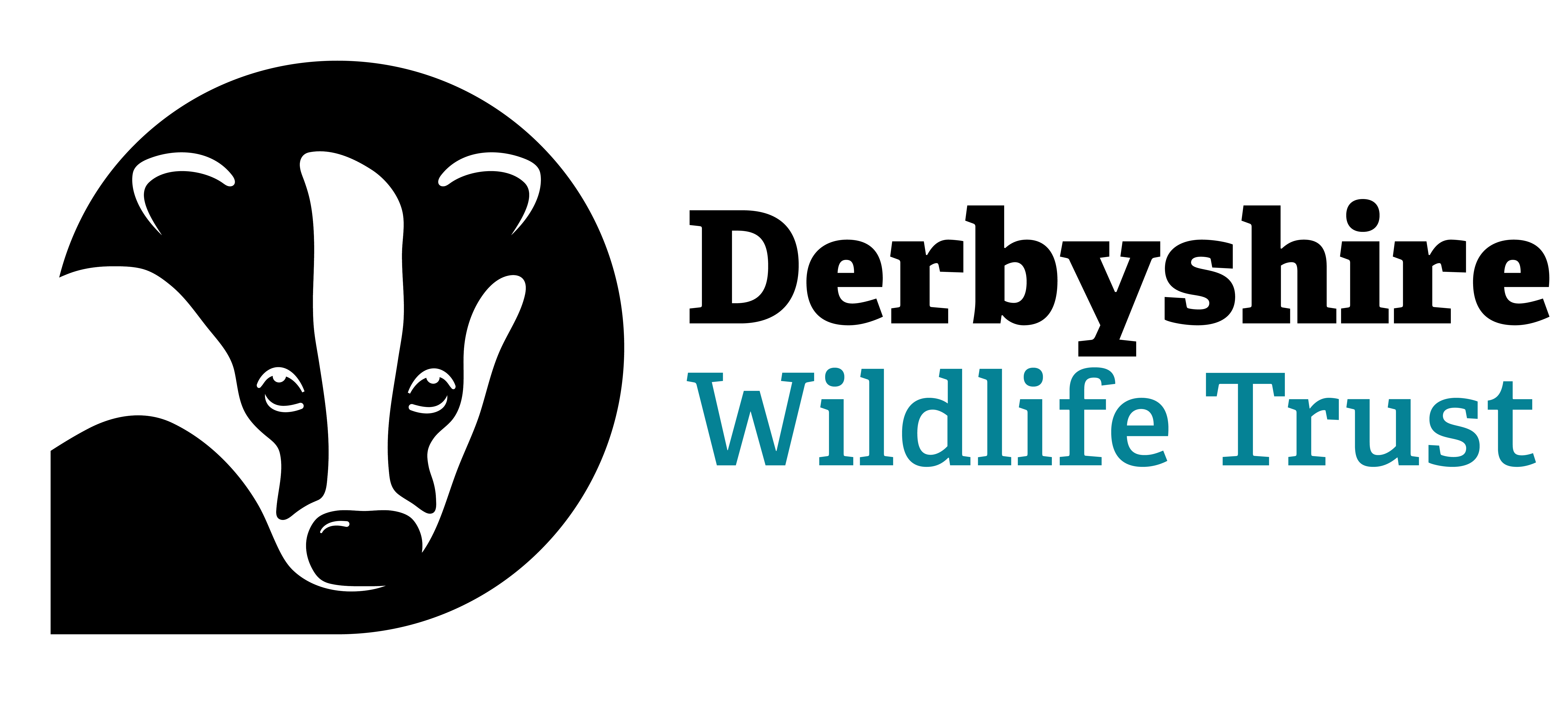We are concerned that the Government’s decision on the future of beavers in England is not be delayed and that licenced reintroductions are allowed to continue.
We are concerned that a delay in a response from Government will impact on our plans to reintroduce beavers to Derbyshire and have added our voice in a letter to Government. (Include link here to National release).
Derbyshire Wildlife Trust’s CEO Jo Smith said;
“We have been working hard for almost two years to bring beavers back to Derbyshire. We’ve learned from projects elsewhere and we have a fantastic, well supported beaver reintroduction scheme ready to go live, right here in the Trent Valley. A delay to the final approval from Government will have a devastating impact on our funding and plans. We very much welcome a national reintroduction strategy but believe well-planned projects like ours should be given the green light to go ahead in the meantime.”
The Wildlife Trusts are gathering public support for an England beaver strategy – you can play your part here: wtru.st/act-for-beavers
What are The Wildlife Trusts calling for?
The Wildlife Trust movement is calling for a Beaver Strategy for England which would provide a roadmap for a future where:
- There are more beavers in many more catchments
- Beaver populations are healthy and thriving
- Management frameworks are agreed which provide support for farmers, landowners and river users
- Beaver impacts and their population health is scientifically monitored
We are also calling on government to provide farmers and landowners with financial support to make space for water and beavers on their land. This will reward those who give up some of their land to benefit communities downstream, which will benefit from lower flood or drought risk and higher water quality.
We believe that beavers should be an integral part of a green recovery. The impressive and ever-growing body of independent scientific evidence reveals the vast array of benefits that beavers can bring to society by working with nature. These include:
- Improved water quality: Beaver dams slow and filter water, causing sediment and nutrients to be deposited in ponds. This improves the quality of water flowing from sites where beavers are present.
- Land holds more water: The dams, ponds and channels created by beavers increase capacity of land to store water and produce a more consistent outflow below their dams. This can result in less water being released during heavy rainfall (reducing flooding downstream) and more water availability during times of drought.
- Carbon is captured: Beaver wetlands capture carbon, locked up in dams, and boggy vegetation and wet woodlands which are restored.
- More wildlife: Beavers create diverse wetland habitats that can provide a home for a wide range of wildlife, especially aquatic invertebrates which act as a food source for other species.
- People engaged with wildlife: People are fascinated by beavers. The presence of beavers in an area provides an opportunity for people to engage with wildlife, as well as creating a market for nature tourism.
Beavers create thriving ecosystems helping us to put nature firmly back on the road to recovery. And they do all this for free.
Read more here about our campaign to bring beavers back to Derbyshire.
